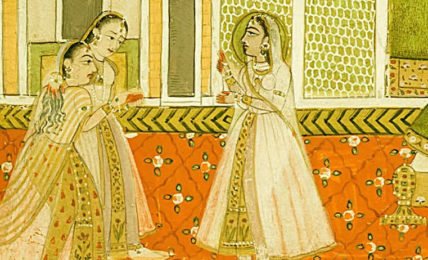If Christmas was a pagan holiday!!
Why is Christmas celebrated on December 25th? The popular perception says, it is Jesus’ birthday. However, if one reconsider that belief, no such records exist in the Bible, or elsewhere, suggesting Jesus was born on that date.




